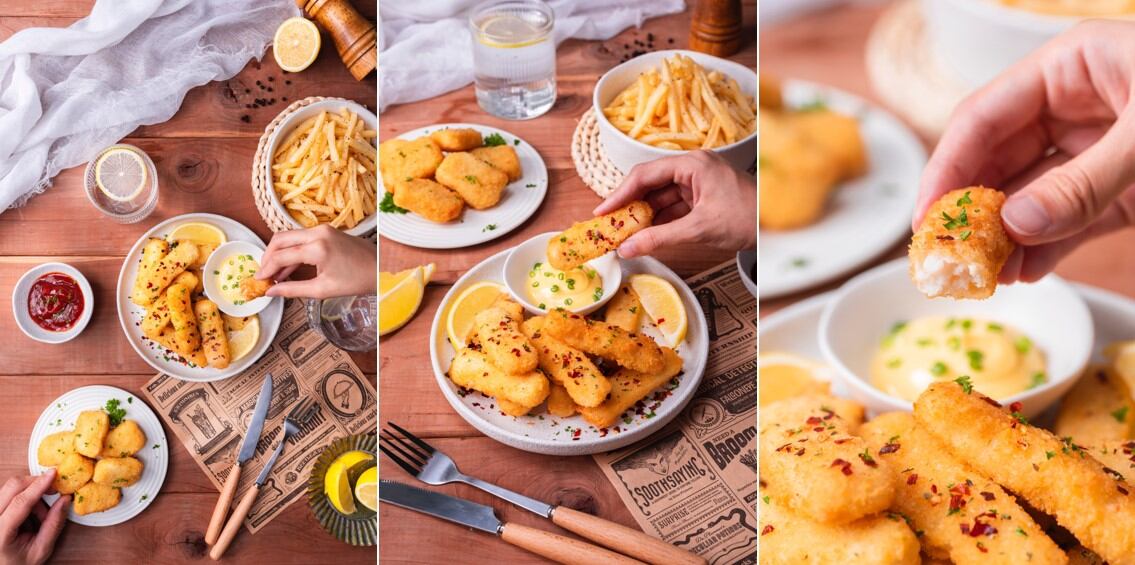Cargill has a large specialty fats business, and a large part of this US$35mn investment to expand its production facility in Port Klang, Malaysia will revolve around new equipment installation such as dry palm fractionation to produce specialty fats for chocolates, bakery, spreads and more; as well as upgrading of its local R&D centre and laboratory equipment.
“Asia Pacific is the fastest growing market for specialty fats, making our Port Klang facility ideally situated to supply finished specialty fats to customers throughout the Asia Pacific region [particularly] key markets for specialty fats including Malaysia, Singapore, Vietnam, Korea, and Japan,” Cargill Malaysia edible oils business Regional Strategy and Innovation Leader Jonathan Yeo told FoodNavigator-Asia.
“Port Klang is also well positioned to supply semi-finished products to Cargill global edible oil solutions facilities in Europe, South America and North America, so those facilities can produce specialty fats for their local customers.
“[Also], as specialty fats are derived from seed and tropical oils, the Malaysian location of this facility will provide us with an abundant source of the oils needed to produce specialty fats.”
One of the main sources of edible oils that Cargill uses is palm oil, and for this the firm places a high priority on using palm oil that has been certified by the Roundtable on Sustainable Palm Oil (RSPO), which is has been a member of since 2004, in addition to following the Malaysian Sustainable Palm Oil (MSPO) certification plan with regard to palm oil sourced in country.
All the palm oil used at the Port Klang facility is sourced in Malaysia.
“RSPO-certified palm oil helps drive transparent sourcing practices, engages suppliers, and calls for rigorous monitoring and verification practices, [and] at our Port Klang facility, we will be able to offer customers specialty fats made from segregated palm oil [which is certified sustainable palm oil that has been segregated from non-certified oil at every stage of the supply chain],” said Yeo.
“The goal is to give our customers and consumers confidence in our sourcing practices and reaffirms our commitment to supporting sustainable practices throughout our operations.
“[This is crucial because] sustainability [is becoming] a growing concern for both customers and consumers [based on findings from] Cargill research on consumer attitudes towards fats and oils in 2019.
“In APAC, we surveyed consumers in China and India. In both markets, the majority of consumers said they are more likely to purchase a product with a sustainability claim. We expect similar results when we release our latest global survey findings soon.”
The new investment is the next phase after a RM 83mn (US$20mn) upgrade to the Port Klang facility one year prior which was focused on R&D capabilities, and is also the first step in a global investment of over RM415mn (US$100mn) which is aimed at expanding the firm’s specialty fats portfolio and will take place over several years.
Specialty fats for everyone
Cargill is looking to expand its specialty fats portfolio to cover a wide variety of areas within food manufacturing, from chocolate confectionery, bakery, specialized nutrition, dairy replacers, to plant-based proteins.
“Specialty fats are growing in popularity due to their versatility and functionality,” said Yeo.
“One example is our non-hydrogenated bakery specialty fat specifically formulated to create a better sensorial experience – [this] improves the creaminess and mouthfeel when used in cream filling [and] also improves our operational efficiency as it requires a shorter creaming duration and reduces the overall production time.
“We also have specialty fats with other functional benefits such as improved heat resistance, which is important for customers in warm climates such as in Asia Pacific, where the ambient temperature results in concerns regarding melted chocolate and chocolate sticking to the packaging; or can also offer quick meltdown in chocolate confectionery for enhanced flavour release.”
Outlook 2022
Despite being hit squarely by the COVID-19 pandemic, Yeo believes that the food and beverage industry in APAC still has all the trappings needed to make a recovery in good time, though the pandemic has definitely still left its mark on the industry.
“In our view, COVID-19 has accelerated or modified macro-trends in the industry, such as seeing a stronger demand for novel and exciting sensory experiences after the pandemic severely limited entertainment options, but it is not likely to have changed consumer behaviour into an entirely different direction,” he said.
“We believe that the fundamental drivers of economic growth in Asia are still intact and that most economies in Asia will return to the strong growth rates we saw pre-COVID.
“As disposable incomes rise along with the increases in GDP per capita, we expect consumers will be more willing to spend on premium foods that tap into macro trends [such as healthier eating and conscious consumption].”





